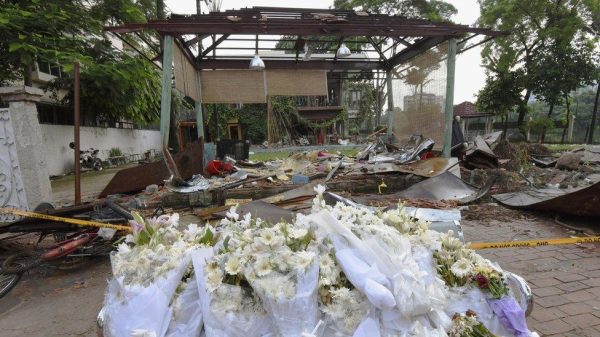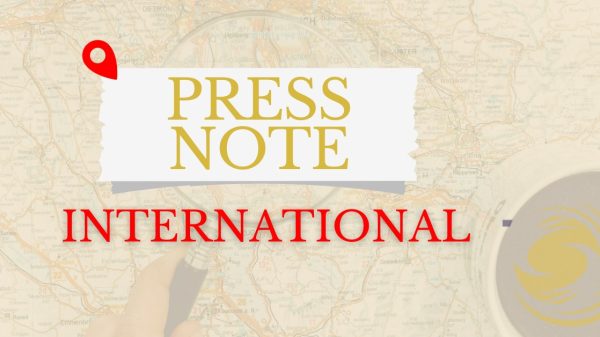Challenges in Bangladesh’s Passport System: Rising Hurdles for Citizens and Diplomatic Strain

- Update Time : Tuesday, February 11, 2025

In recent years, Bangladeshi citizens have faced increasing difficulties when traveling abroad. Although the Henley Passport Index ranks Bangladesh’s passport at 93rd globally, the real situation is more alarming. Despite the apparent improvement in ranking, the number of visa-free destinations has actually decreased from 42 to 39. Moreover, Bangladesh shares its current rank with Palestine and Libya, and its passport is ranked below even North Korea.
Why Is Bangladesh’s Passport Weak?
The strength of a passport depends on the number of countries its holder can visit without needing a visa. Currently, Bangladeshi passport holders have visa-free or visa-on-arrival (VOA) access to only 39 destinations, a drop from last year’s 42 destinations. This decline is a clear indication of reduced global mobility and deeper problems in Bangladesh’s diplomatic and international relations.

Why the Ranking Improved — But the Situation Didn’t
The rise in Bangladesh’s rank from 97th to 93rd may sound like progress, but it is not. This change occurred primarily because other countries saw their rankings drop further due to deteriorating conditions, not because Bangladesh’s passport strength improved. The actual number of visa-free destinations decreased, proving that the overall situation is worse than before.
Bangladesh’s neighbors in South Asia, such as the Maldives (ranked 52nd with 93 visa-free destinations) and India (ranked 80th with 56 visa-free destinations), maintain far stronger passports. Even Nepal, which is ranked just below Bangladesh, offers nearly the same level of access with 38 destinations.
Why is this happening?
1. Reduced Trust from Other Countries

Several countries have tightened their visa policies for Bangladeshis due to concerns over overstaying, illegal immigration, and irregular activities. This has led to stricter scrutiny, making visa approvals harder to obtain for genuine travelers.
2. Diplomatic Weakness
Unlike countries that actively pursue visa agreements, Bangladesh’s diplomatic ties have not secured significant visa-free access improvements. While nations like the Maldives have leveraged strong diplomatic relations to gain broader access for their citizens, Bangladesh’s lack of similar agreements keeps its passport weak.
3. Increasing Visa Rejections
Visa rejection rates for Bangladeshi applicants—especially for travel to Europe, North America, and the Middle East—are rising. Lengthy and uncertain visa processes discourage students, businesspeople, and tourists from applying. This growing rejection trend isolates Bangladesh from global opportunities.

4. Economic and Political Perception
The strength of a passport is also a reflection of a country’s economic and political reputation. Frequent political unrest, inconsistent policies, and corruption contribute to a poor global image, which reduces the willingness of other countries to ease entry requirements for Bangladeshis.
The Impact on Citizens
These challenges have serious consequences for students, professionals, and entrepreneurs.Students face higher hurdles when pursuing education abroad due to tougher visa processes.Businesspeople are limited in expanding their networks and accessing international markets. Tourists and families struggle with visa uncertainty, affecting their ability to travel freely.
The reality is that Bangladeshi citizens are facing greater restrictions on global travel than before. Addressing these challenges requires a serious commitment to diplomatic efforts, policy improvements, and stronger global engagement to ensure that future rankings reflect genuine progress rather than relative improvements at others’ expense.











Leave a Reply